Whenever poultry scratch and peck through their yard there is always the potential for them to ingest worm eggs. This can come directly from the soil or in the bugs that they eat. Even cockroaches and earth worms can harbour worms in their gut.
Most importantly, keeping their water sources covered and the pigeons and other native birds out of their food and water areas is really important. Visiting birds can leave new worms infestations via their droppings.
If your visiting population of pigeons to your yard has increased since introducing chickens to your backyard, then change the type of feeders and water containers you use. Opt for treadle feeders (e.g. Grandpa's Feeder) and PVC pipe drinkers with a cup (e.g. Royal Rooster) or a nipple drinking system. Keeping these sources secure from the "rats of the air" will soon discourage their visits and reduce the potential of more worms in your flock.
Every 3 months your poultry should be wormed to break the worm life cycle. We need to interrupt it at crucial points to prevent ongoing problems.
START on the first day of a new season to keep track of when your next worming and pest dusting should occur.
Some people like to follow up with a second worming within 14 days to make sure that a particularly nasty outbreak is dealt a reasonable blow.
Some owners only worm every 6 months. While this is not ideal, if your yard is relatively free of native birds invading the chicken coop and foraging is limited to their built in run, then 6 months seems to work reasonably well.
What is the most important active ingredient?
Levamisole is a broad-spectrum worming ingredient.
There are different levels of Levamisole amongst brands. This can be helpful if the type of worm infecting your flock is highly persistent.
Aristopet: 8.48g/L
Big L: 14g/L
Nilverm: 16g/L
How to administer the Worming Medication
Remove ALL water sources from the yard.
Start the process first thing in the morning. This can begin when you put the chickens to bed so that their first drink for the morning will be the worming medicine.
Replace their water source with only 1 Litre of the medicated water.
This ratio will be according to the bottle's instructions.
e.g. Aristopet: 8ml of wormer to 100ml of water = 80ml of wormer to 1 Litre of water
Mix the correct ratio of medication to water and ADD a small amount of sugar to the mix (1 tsp to 1 Tbsp). Adding a little sugar is more likely to encourage the hens to drink the mix.
I also recommend using a 5ml pull-back syringe.
Take up 5ml of the mix and administer to each hen the amount, 1ml at a time.
Allow them to swallow a mil and then give the next mil, until the 5ml is consumed.
The worming medication needs to stay in their yard for 24 hours.
Giving them their worming medication without a syringe is fine. It only helps to tell us that we know that they have taken some of their medication at least. It is not essential.
If you do not think that they have touched their water at all in 24 hours, repeat for another one to two days. Throw out the old medicated water and replace with a fresh batch every 24 hours. Chickens cannot go without drinking past 2 days, so persistence will pay off.
Worming medications do not smell or taste very nice, so we can't blame our chookies for trying to get out of taking their wormer. Just be persistent.
A dirty bottom.
That's the first and most common reason why a chicken will have an untidy rear end. Worms cause chickens to have a dirty bottom.
A reduction in egg production or a change in behaviour or personality are the other main traits that indicate that worms might be at play.
Keeping an eye on their dropping, especially first thing in the morning under their roosting rails will help to diagnose the situation.
If you are not already obsessed with chicken poo, then I hope you will be now, because their droppings tell us an enormous amount about what is going on inside our poultry.
Some worms are very evident in the hens' droppings. Other times, tell tale eggs will be noticeable.
Type of worms that commonly affect poultry
Roundworm
Cecal worms
Eyeworm
Gapeworm
Tapeworm
For more information, check out dummies.com
There is also a Chicken Health for Dummies book available in all good book stores and online stores.
I highly recommend purchasing the large bottles rather than the smaller ones especially if you have more than one chicken shed or a severe outbreak that needs a follow-up worming. They cost the same in volume.
- Artistopet - Wormer for Poultry
- Sykes Big L
- Nilverm
- Kilverm
Chickens cannot be wormed with medications designed for cats and dogs as their gut and genetic make-up is very different. You will, however, find that many medications for poultry are also suitable for pigs.
There is NO Egg Withhold on any worming products. You can safely eat their eggs during their worming.
Worms are NOT the same as lice and mites which live on the outside of the poultry. Worming medication will NOT rid your birds of these.
Earth Worms are not the bad worms, but they can be carriers of other bad worms, and so can slugs and snails. The good news is that chickens are not particularly fond of slugs and snails, but ducks adore them.
Meal Worms are usually cultivated within a clean environment inside in isolation containers. As they are not exposed to outside contaminated sources, they are usually free of internal worms. Warning: Meal Worms are considered CANDY to chickens, and your girls will adore you for such a treat.

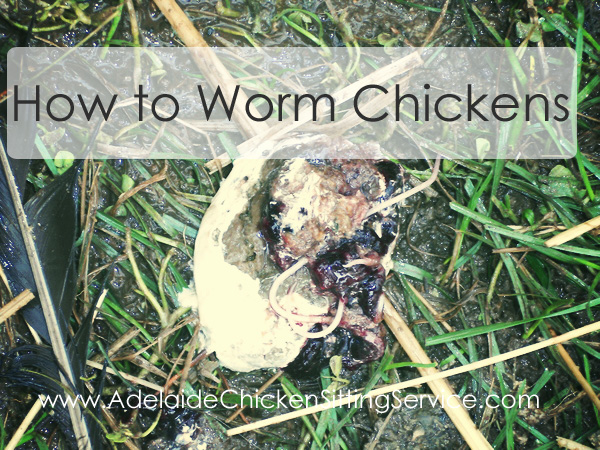
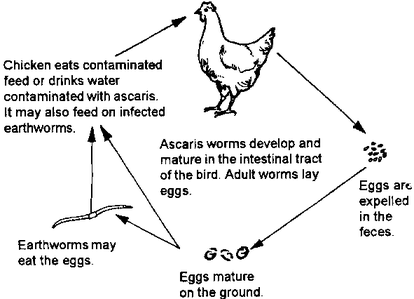
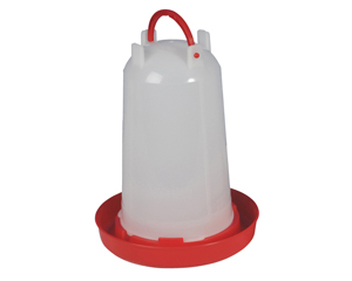
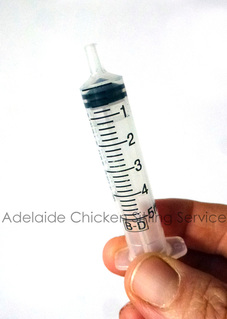
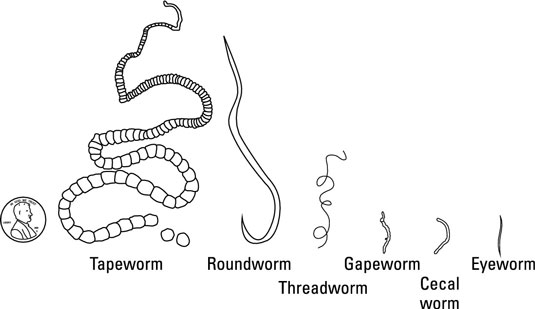
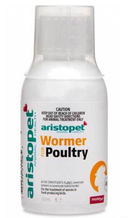
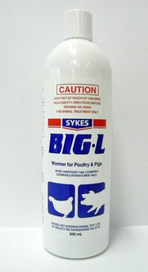
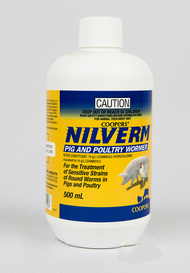
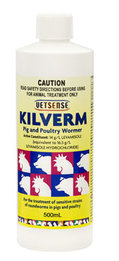
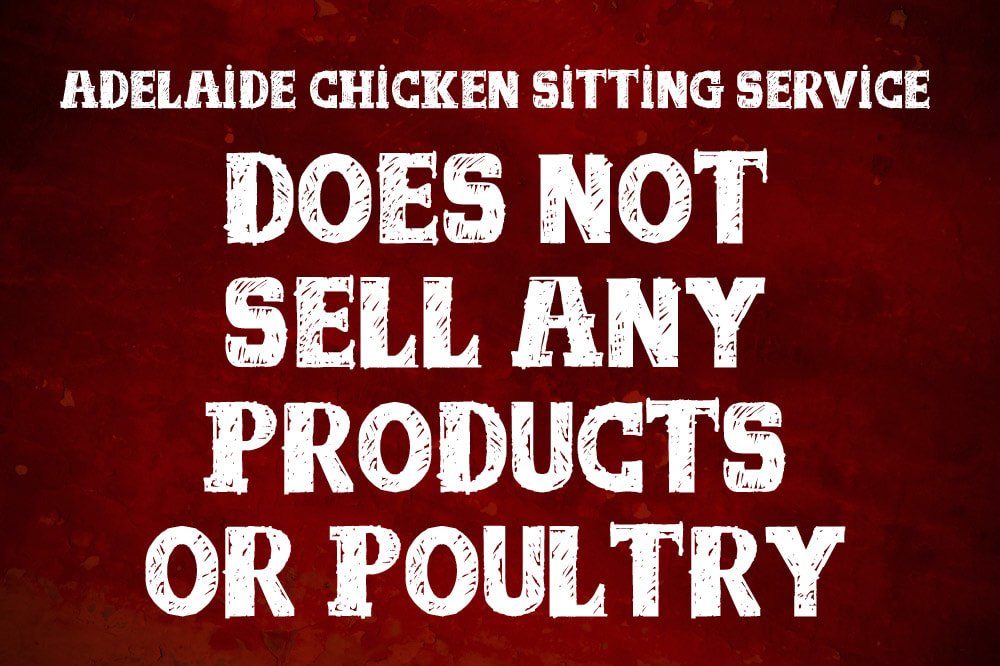

 RSS Feed
RSS Feed